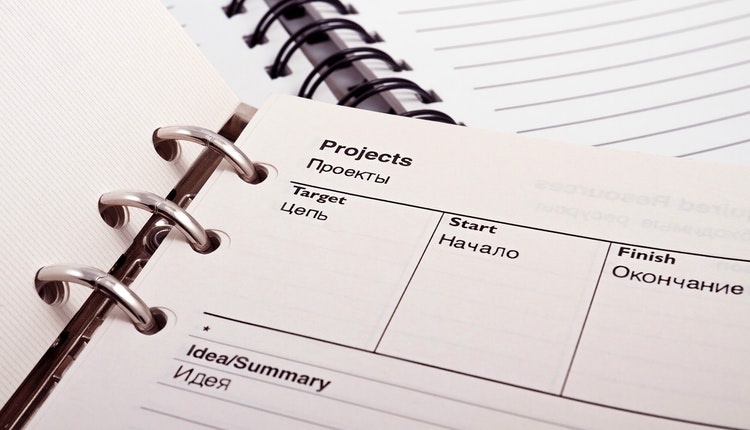Why Are Progress Reports Important in Research?

Did your supervisor ask you to write a progress report? A significant part of your supervisor’s job is to be a project manager and be accountable to funders. Remember, your research project is just one cog in the wheel of science in your lab. Therefore, your supervisor will need reports on the progress of each project. Their job is to evaluate your progress and adjust your action plan if things go wrong. These reports are not simply a report of your results.
Set SMART Goals
First, set “SMART” goals for your project (SMART = Specific, Measurable, Attainable, Realistic and Time-targeted goals). I like SMART goals because they are more than a list of things to achieve. They are part of an action plan. Your progress reports will help you check whether your goals are on track.
Progress Report Intervals
Your supervisor will tell you how often they need progress reports. The time interval depends on the nature of your work. I like to monitor my projects regularly, on a daily, weekly and monthly basis.
- Daily: this is an informal walk around the lab where I have a quick chat with my team members on what they are doing. I also set myself a daily “to do” list.
- Weekly: my team meets once a week for coffee and an informal journal club. After discussing a paper, we give a quick verbal report on our progress during the past week and any challenges that have arisen. If we find that someone is struggling or their work needs further discussion, we schedule a meeting.
- Monthly: once a month we write a formal progress report of our work and meet on a one-to-one basis to discuss it.
Purpose of Progress Reports
Your report should include your results obtained so far, experiments you are working on, plans for future work and any problems you might have with your work. It is a report on your overall plan. This plan needs constant assessment to ensure you reach your goals and to help you make informed decisions and justify any changes.
Progress reports also keep stakeholders informed. Anyone involved with your project wants to know:
- That you are working on the project and making progress.
- What findings you have made so far.
- That you are evaluating your work as you
- If you foresee any challenges.
- Any problems you encounter are being addressed.
- That you can manage your plan and schedule.
- That your project will be completed on time.
How to Write a Progress Report
Ask your supervisor if they have a template that they want you to use. Supervisors that manage many projects find it easier to keep track of all the information if it is presented in a consistent format. Write your report in concise, simple language. Progress report styles vary. However, most reports require the following sections:
- Project information. State the project name, any project ID codes, the names of all the researchers involved, report date and anticipated completion date.
- Introduction: This is a summary of your Write a short overview of the purpose of the project and its main objectives. You could add a summary of the results obtained so far, future goals, how much of the project has been completed, whether it will be completed on time, and whether you are within the budget.
- Progress: This section gives details of your objectives and how much you have completed so far. List your milestones, give details of your results, and include any tables and figures here. Some stakeholders like a completion rate which can be given as a percentage.
- Risks and Issues: Discuss any challenges that have arisen or that you Describe how you plan to solve them. If you need to make changes to your project, give reasons in this section.
- Round off with a reassuring paragraph that your research is on schedule. Give a summary of goals you will be working on next and when you expect to complete them.
Progress reports are an essential part of the research. They help to manage projects and secure funding. Many stakeholders need to know that you have completed certain stages of your project before releasing further funds.
Have you written any progress reports? Let us know how you manage your projects in the comments section below.









